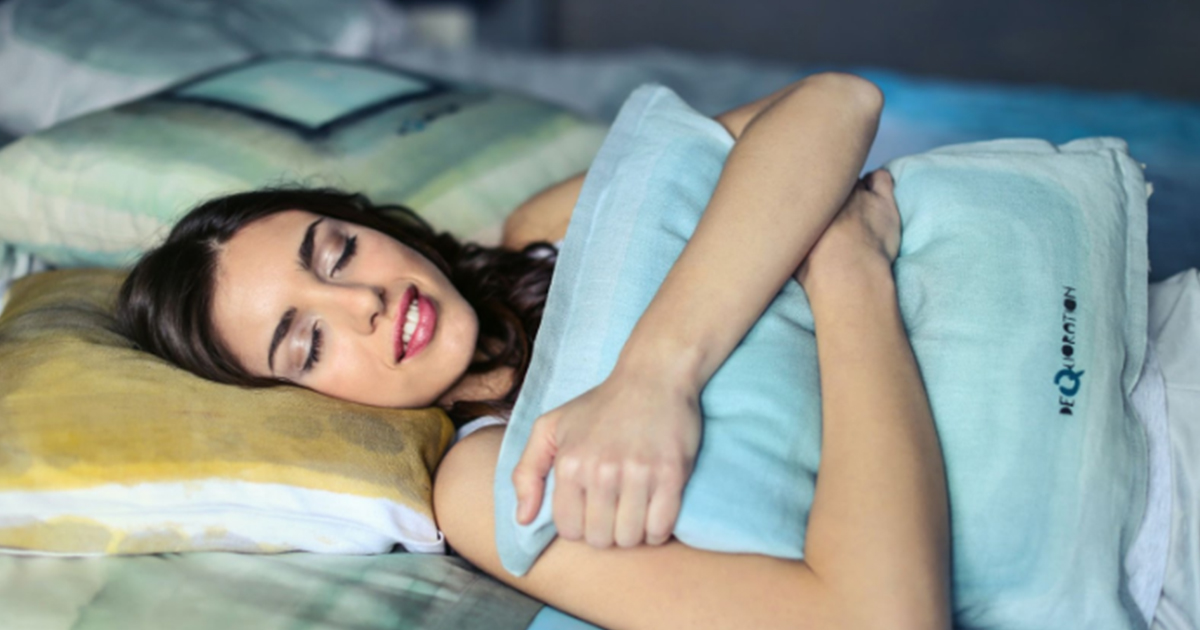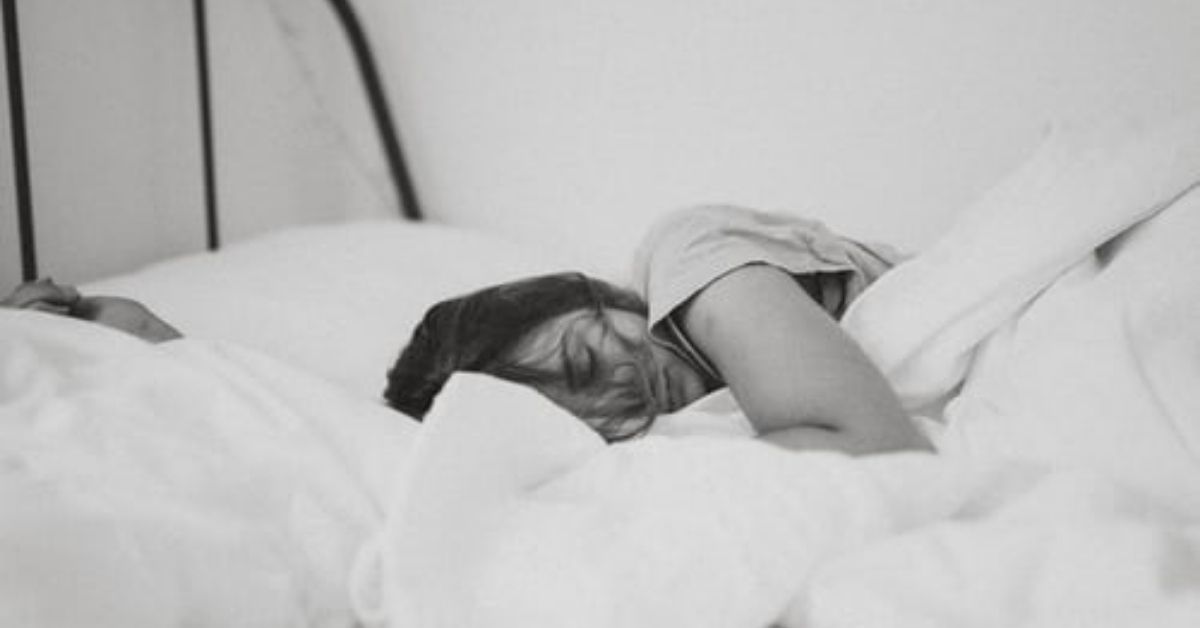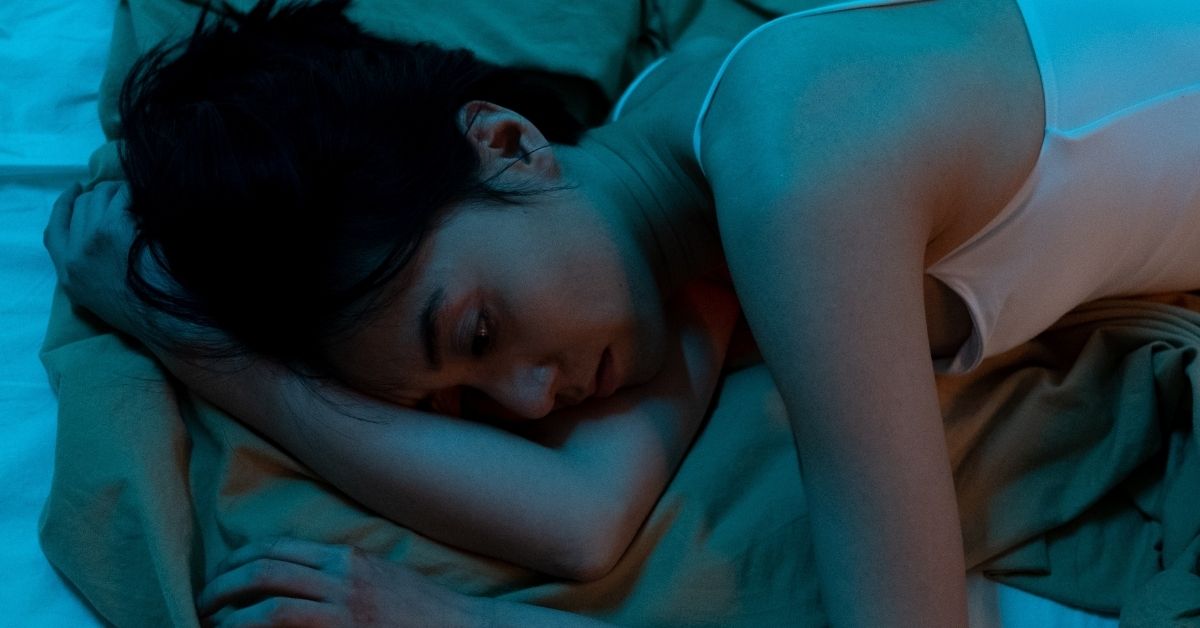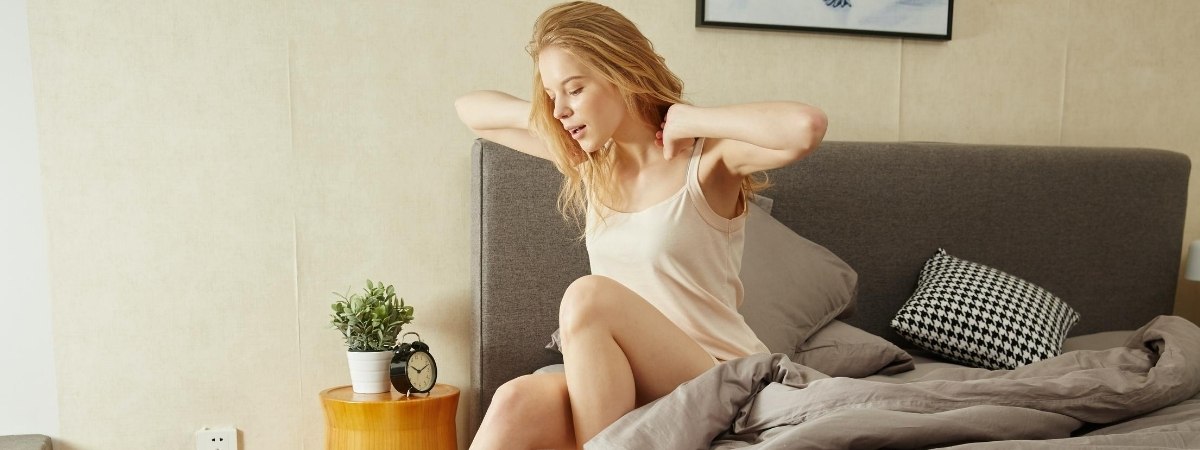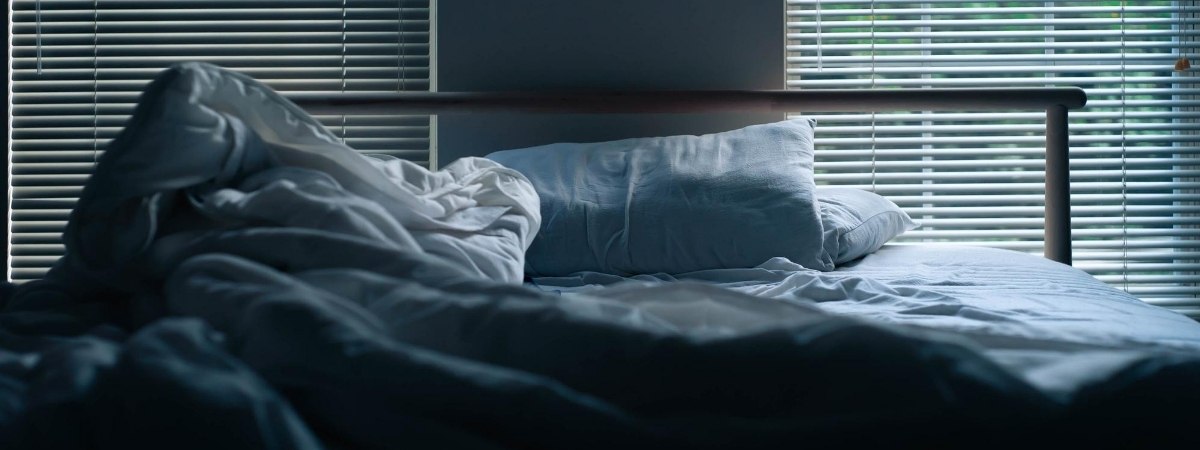Sleep testing, also known as polysomnography, is a diagnostic tool used to assess a person’s sleep patterns and diagnose sleep disorders. This test involves monitoring a patient’s brain waves, heart rate, breathing, and other physiological factors while they sleep. In this blog, we will discuss how sleep testing works, why it is done, who prescribes it, and what to expect both during and after the procedure.
Why is Sleep Testing Done?
Sleep testing is typically recommended when a person is experiencing symptoms of a sleep disorder, such as snoring, restless sleep, or excessive daytime sleepiness. The test is used to diagnose a wide range of sleep disorders, including:
- Sleep apnea: A condition in which a person stops breathing repeatedly during sleep, often due to a blocked airway.
- Insomnia: A condition in which a person has difficulty falling or staying asleep.
- Narcolepsy: A condition in which a person experiences excessive daytime sleepiness and may fall asleep suddenly and unexpectedly.
- Restless leg syndrome: A condition in which a person experiences an irresistible urge to move their legs, often causing discomfort and disrupting sleep.
How Does Sleep Testing Work?
Sleep testing is typically done in a sleep lab or clinic. Before the test, the patient will be asked to fill out a questionnaire about their sleep habits and medical history. They may also be asked to keep a sleep diary for a week or two prior to the test. On the night of the test, the patient will be asked to arrive at the sleep lab several hours before their usual bedtime. They will be given a private room, similar to a hotel room, with a comfortable bed and other amenities. Electrodes will be attached to their scalp, face, chest, and legs to monitor their brain waves, eye movements, heart rate, breathing, and muscle activity during sleep. The electrodes are connected to a computer, which records the patient’s sleep data throughout the night. The patient is free to sleep normally, although they may be awakened occasionally for brief tests or to adjust the equipment. In addition to the electrodes, the patient may also wear other monitoring devices, such as a pulse oximeter to measure blood oxygen levels and a nasal cannula to monitor breathing.
Who Prescribes a Sleep Test?
Sleep testing can be ordered by various healthcare professionals, including primary care physicians, pulmonologists, neurologists, and sleep specialists. If a patient presents with symptoms of a sleep disorder, their healthcare provider may first conduct a physical exam and medical history review. Based on this assessment, the healthcare provider may refer the patient to a sleep specialist or order a sleep test to further evaluate their sleep patterns and diagnose any underlying conditions. Sleep testing may also be recommended for individuals who have been diagnosed with certain medical conditions that may affect their sleep, such as heart disease, chronic obstructive pulmonary disease (COPD), or Parkinson’s disease. Ultimately, the decision to order a sleep test will depend on the individual’s specific symptoms, medical history, and the healthcare provider’s assessment.
What to Expect During Sleep Testing?
Sleep testing can be a bit intimidating, but it is a painless procedure that typically lasts for one night. Here’s what you can expect during the test:
- Arriving at the sleep lab: You will be asked to arrive at the sleep lab several hours before your usual bedtime. You may need to fill out some paperwork and provide a medical history.
- Preparing for the test: A sleep technologist will attach electrodes to your scalp, face, chest, and legs using a special glue or paste. You may also be asked to wear other monitoring devices, such as a pulse oximeter or nasal cannula.
- Going to bed: Once you are hooked up to the monitoring equipment, you will be free to go to bed. The sleep technologist will be in a nearby room monitoring your sleep throughout the night.
- During the night: You may be awakened occasionally for brief tests or to adjust the equipment. You may also need to use the bathroom during the night, which is allowed.
- Waking up: The test will typically end in the morning. The sleep technologist will remove the electrodes and other monitoring devices, and you will be free to go home.
What to Expect After a Sleep Test?
After the sleep study, the results will be analyzed by a sleep specialist, who will interpret the data to determine if the patient has a sleep disorder. The sleep specialist will review various aspects of the sleep study, such as the patient’s breathing patterns, heart rate, brain waves, and movements during sleep. Based on the results, the sleep specialist may recommend various treatment options, such as lifestyle modifications, medication, or the use of a continuous positive airway pressure (CPAP) machine which helps keep the airway open during sleep. The sleep specialist will also work with the patient to develop a personalized treatment plan that addresses their specific needs and goals. Follow-up appointments will be scheduled to monitor the effectiveness of the treatment plan and make any necessary adjustments. By working closely with their healthcare provider and sleep specialist, patients can improve their sleep and overall quality of life.
Sleep testing is a valuable diagnostic tool for identifying sleep disorders and developing effective treatment plans. While the procedure may seem intimidating at first, it is a painless and non-invasive procedure that typically lasts for one night. With proper preparation and understanding of what to expect during the test, patients can feel more comfortable and at ease during the procedure. It’s important to follow any instructions provided by the sleep lab or specialist and to discuss any concerns or questions you may have before the test. By identifying and treating sleep disorders, patients can improve their overall health and quality of life. If you are experiencing symptoms of a sleep disorder, consider speaking with your healthcare provider about the possibility of sleep testing.
What Should I do if I Have More Questions?
At Jacksonville Sleep Center, we are one of the leading sleep test centers in the area. In fact, we are able to conduct Home Sleep Testing, which simplifies this process even further! Our dedicated providers, such as Dr. Nassar and Dr. Festic, will be able to assist you with any and all issues regarding your sleep. If you have any more questions, please contact us!

